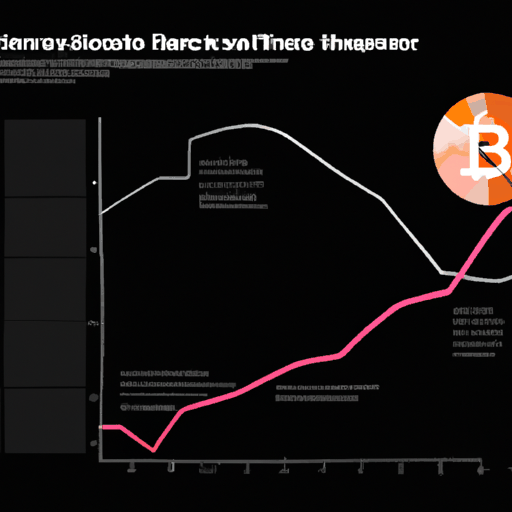
BlackRock's Dominance in Bitcoin ETF Sector Raises Concerns
By: Eliza Bennet
In a revealing analysis of the U.S. Bitcoin Exchange-Traded Fund (ETF) sector, it has been noted that BlackRock's iShares Bitcoin Trust (IBIT) plays a critical role in maintaining net positive inflows in 2025. According to research from K33 Research, U.S.-traded Bitcoin ETFs have seen inflows amounting to $26.9 billion year-to-date. However, this figure is deeply skewed by BlackRock's massive contribution of approximately $28.1 billion. Excluding BlackRock's input, the aggregate ETFs would be facing net outflows, suggesting a fragile balance in the Bitcoin ETF ecosystem.
Since its launch in early 2024, BlackRock's IBIT has commanded attention with impressive dominance, attracting a cumulative $65.3 billion in inflows to date, far surpassing the $21.3 billion seen across all other Bitcoin funds combined. Compounding this disparity, Grayscale's GBTC has seen redemptions totaling about $24.6 billion, bringing further clarity to BlackRock's profound influence. BlackRock's extensive investor network, strategic partnerships, and retail channels have significantly contributed to IBIT's position, channeling demand effectively into its flagship product and enhancing its legitimacy in an industry still recovering from trust issues.
The success of IBIT has not only sustained the narrative of rising institutional adoption but has also transformed BlackRock's investor base. Reports suggest that three out of four investors in IBIT were new to the company's iShares suite, reflecting its role as both a financial product and a client-acquisition tool. The fund has attracted substantial interest from significant Bitcoin holders who value the option of transferring their Bitcoin directly to the ETF in exchange for new shares. Such transactions, amounting to over $3 billion, circumvent the need to sell on open markets, underlining the confidence vested in BlackRock's custodial design.
Despite BlackRock's significant influence, questions arise about the sustainability of this inflow. If BlackRock's momentum were to diminish, effects could ripple through market liquidity, price stability, and institutional sentiment. Slowing inflows might impact liquidity premiums, while a shift in capital to Ethereum and altcoin ETFs could alter market dominance. Observers highlight that BlackRock's non-participation in these altcoin products might limit their success, keeping the focus staunchly on Bitcoin. As we delve deeper into these dynamics, the overarching concern remains: the robustness of the Bitcoin ETF sector appears intimately tied to BlackRock's continued involvement.



